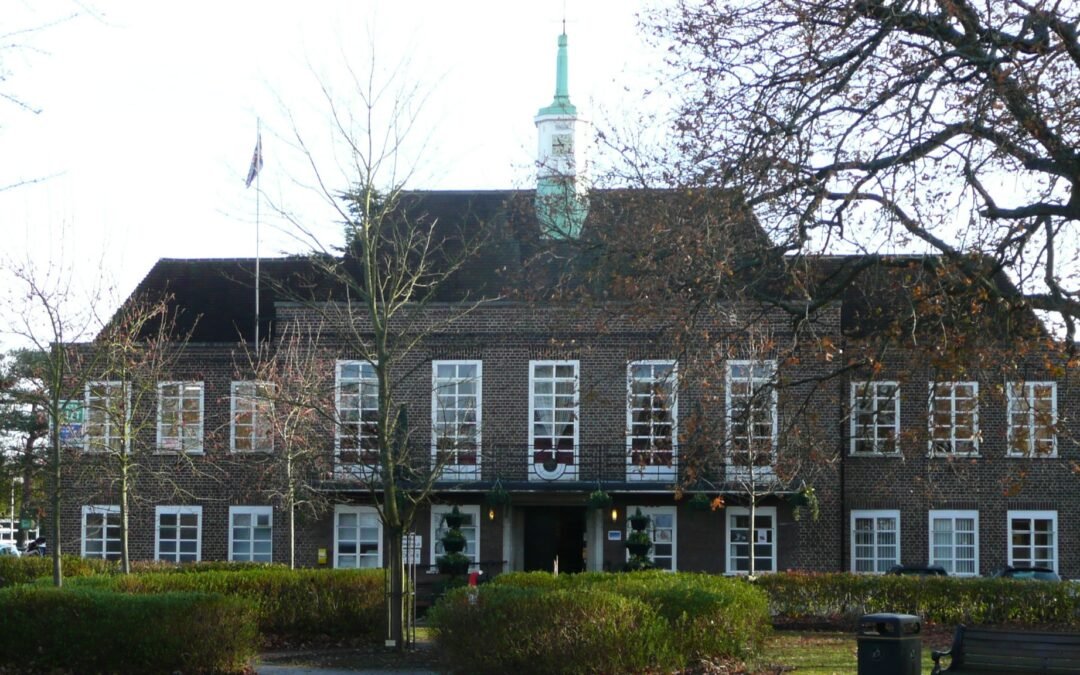Partying like it’s 1679 in Stony Stratford, Or, Mable Graves’s Very Bad Day:
Political Protest Songs in 17th Century England
Dr Angela McShane,
Hon Reader in History, University of Warwick
Date: 15th of April 2026
Time: 20:00
Venue: Zoom
Partying like it’s 1679 in Stony Stratford, Or Mable Graves’s Very Bad Day. In 1679, the landlady of The Cock in Stony Stratford was visited by agents of the powerful local magnate, Sir Richard Temple of Stowe. They were investigating a seditious pop song that had created a local and national sensation – and libelled their master. Did she know anything about it? Trouble was … Mabel did know … a lot. Come and hear the story of that sensational song, the era’s huge pop song trade in general, and find out what happened next for Mabel and her family.
About the speaker:
Angela McShane is a senior research fellow and Head of Renaissance and Early Modern Studies at the Victoria and Albert Museum, the V&A/Sheffield University Research and External Engagement Fellow, and an Associate Fellow of Early Modern History at Warwick University.
Image attribution – “Cock Hotel Exterior 1 – street facing” by Greene King
OTHER EVENTS

Traces of the Silk Road in Northwest Europe
Date: 18th of March 2026
Time: 20:00
Venue Zoom
Speaker: Prof Susan Whitfield, University of East Anglia
We think of the Silk Roads as a luxury trade route from East Asia to markets such as Damascus in Syria. But there is much more to this story. This trade involved diplomatic, religious and other contacts between different cultures as far as Europe.

The Unlikely Spies of Medieval Europe
Date: 20th of May 2026
Time: 20:00
Venue: Zoom
Speaker: Prof Jenny Benham, Medieval History, School of History, Archaeology & Religion, Cardiff University
Spies were a common feature of political, diplomatic and courtly life in the period of early medieval Europe. In this article, Jenny Benham explores some interesting contemporary representations of spies, in both literature and art. These stories and images reveal key features of the culture and practices surrounding these so-called ‘little birds’ who listened to and passed on important secret information.

A Historical Tour of Beaconsfield – LIVE
Date: 17th of June 2026
Time: TBC
Venue: TBC
Speaker: David Green
David Green has been leading walks for the Bucks Historical Association since he was the Historic
Landscape/Townscape Characterisation Officer for Bucks County Council. This year he will be taking
us through the historic town of Beaconsfield.
